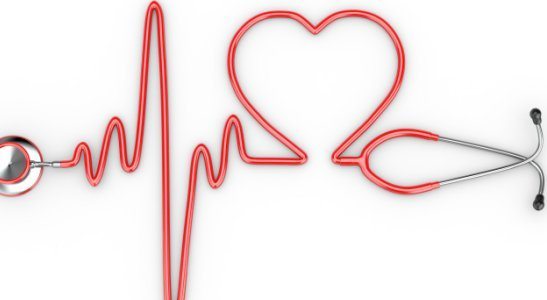Can extreme emotion really play a toll on the heart? Experts say yes. Stressful or traumatic events, like a death in the family, can actually stun the heart muscle and cause symptoms that mimic a heart attack. Jaskamal Kahlon, MD, a clinical assistant professor at the University of Arizona College of Medicine – Phoenix and a cardiologist at Tri-City Cardiology, discussed broken heart syndrome and if you can really die from a broken heart.
What is the broken heart syndrome?
Jaskamal Kahlon, MD: Broken heart syndrome, also known as takotsubo myocarditis, is a temporary condition which usually results in a very weak heart. It happens to occur in a person after a particularly stressful period or extreme emotional experience. The increased stress could be a result of illness or life event such as death of a beloved person or animal. It results in heart failure like symptoms, usually first symptom is chest pain followed by significant shortness of breath. The EKG during such event can sometimes be confused with an actual heart attack. Unlike a heart attack, broken heart syndrome doesn’t result from blockage in the coronary artery. In other words, this is a heart attack without blockage.
Can you die from broken heart syndrome?
Jaskamal Kahlon, MD: Broken heart syndrome can rarely result in death. The mechanism of death relates to the fact that when the heart is very weak, it can generate a fatal type of arrhythmia called ventricular tachycardia.
Is there a way to prevent this? Does this go away on its own?
Jaskamal Kahlon, MD: Broken heart syndrome sometimes happens again, though most people won’t experience a second event. Many doctors recommend long-term treatment with beta that block the potentially damaging effects of stress hormones on the heart. Recognizing and managing stress in your life also may help prevent the syndrome, though there’s currently no evidence to prove this. In most cases, the heart function gets significantly better. In up to one-third of cases of this disorder, the heart may continue to exhibit mild or sometimes moderate amounts of weakness.
Why does extreme emotion play such a toll on the heart?
Jaskamal Kahlon, MD: Extreme emotion results in sustained rise in adrenaline (fight-or-flight response), which can cause overstimulation of the heart muscle.
What are the symptoms?
Jaskamal Kahlon, MD: The common symptoms are moderate chest pain, which may travel to jaw, left arm or back, with associated excessive sweating and shortness of breath.
What are the risk factors?
Jaskamal Kahlon, MD: The condition affects women far more often than men. It appears that most people who have the syndrome are older than 50. People who have neurological disorders, such as a head injury or a seizure disorder (epilepsy) have a greater risk of broken heart syndrome. If you’ve had disorders, such as anxiety or depression, you probably have a higher risk of broken heart syndrome.




